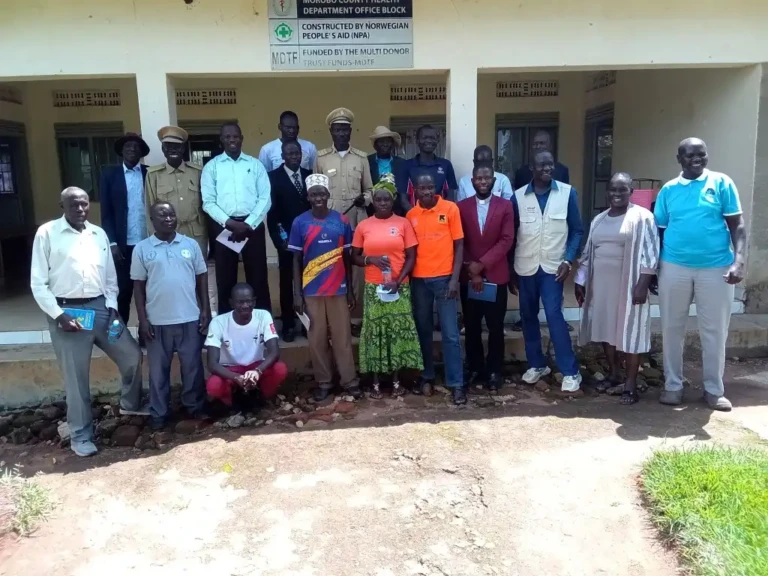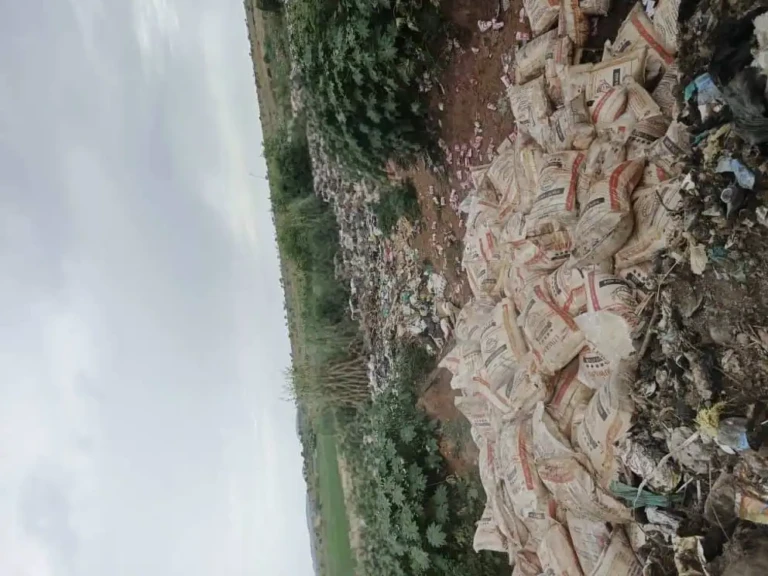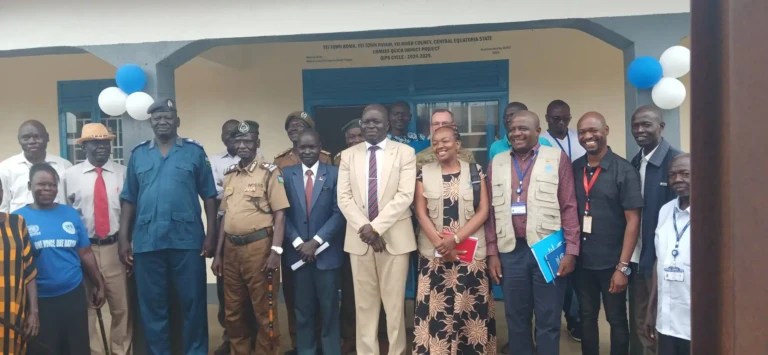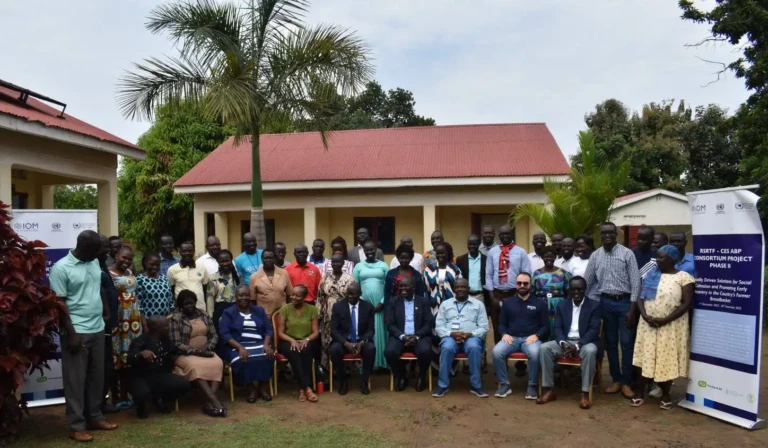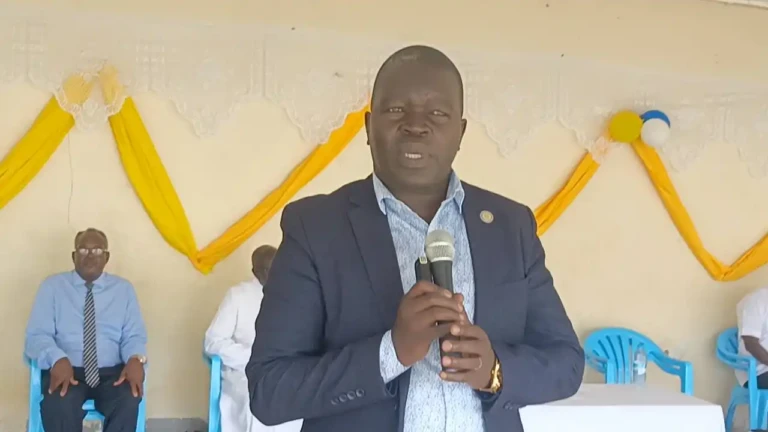
(Juba) – South Sudan’s Health Cluster has reported progress in delivering essential health services but remains concerned about the rise in epidemic-prone diseases, particularly cholera and malaria, according to its third bulletin covering the period from April to May 2025.
From January to April 2025, health partners provided 1 million outpatient consultations across the country, helping communities access basic health care. These services included treatment for common illnesses, routine care, and maternal health. During this same period, about 15,000 women were assisted by skilled birth attendants during normal deliveries, reflecting ongoing efforts to reduce maternal and newborn mortality.
However, the bulletin highlights major public health threats, especially cholera. By 31 May 2025, authorities recorded 67,927 suspected cholera cases and 1,310 related deaths, resulting in a case fatality rate of 1.9%. These cases were reported across 52 counties in nine of South Sudan’s ten states, as well as in the Ruweng and Greater Pibor Administrative Areas.
To contain the outbreak, Oral Cholera Vaccination (OCV) campaigns were conducted in 34 counties, reaching approximately 6.4 million people—about 73.1% of the target population. While this coverage is encouraging, gaps remain in areas facing access challenges due to insecurity, flooding, or poor infrastructure.
Mpox (formerly known as monkeypox) has also emerged as a health concern. Fourteen confirmed Mpox cases were reported from the capital Juba and the town of Malakal. A total of 252 suspected Mpox cases have been recorded as of May 2025. No deaths from Mpox have been reported so far, but the situation is being monitored closely.
Malaria continues to be the country’s most widespread and burdensome disease. More than 1.4 million cases were reported by the end of May 2025. Weekly incidence rates are high, with malaria accounting for up to 32% of all outpatient visits. This indicates intense transmission and underlines the urgent need for increased surveillance, access to rapid treatment, and mosquito control measures such as distribution of treated nets and spraying.
Health facilities also continue to provide care for other vulnerable groups. Between January and April 2025, stabilization centres treated over 1,900 children suffering from severe acute malnutrition with medical complications. These children were admitted to receive therapeutic feeding and care for other related illnesses.
In the same period, 19 survivors of sexual and gender-based violence (SGBV) received specialized clinical care, including management of rape-related injuries. Though the number is relatively low, the Health Cluster noted that stigma and lack of reporting may prevent many victims from seeking help.
Mental health and psychosocial support services (MPHSS) are expanding. As of March 2025, around 9,500 people had accessed counseling and mental health care, a crucial service in a country affected by years of conflict and displacement. The Health Cluster emphasized the importance of integrating psychosocial services into routine healthcare to help individuals and families cope with trauma, loss, and stress.
South Sudan’s humanitarian and health response remains under pressure, with limited resources and rising needs.
The Health Cluster partners include the Ministry of Health, UN agencies, and international and local non-governmental organisations. They continue to call for more support from donors and urge communities to cooperate with health workers, especially during disease outbreaks.
Discover more from Access Radio Yei News
Subscribe to get the latest posts sent to your email.


